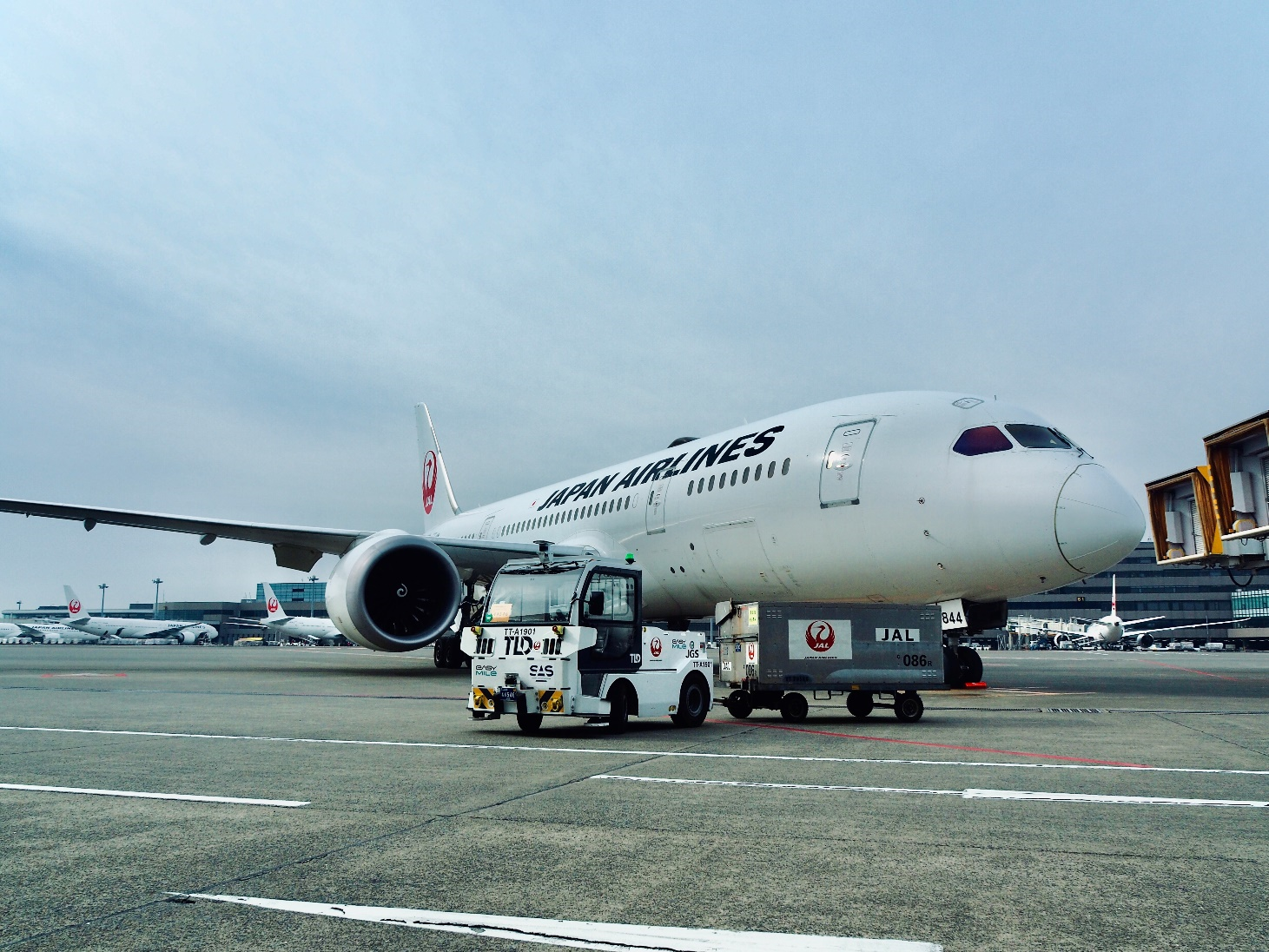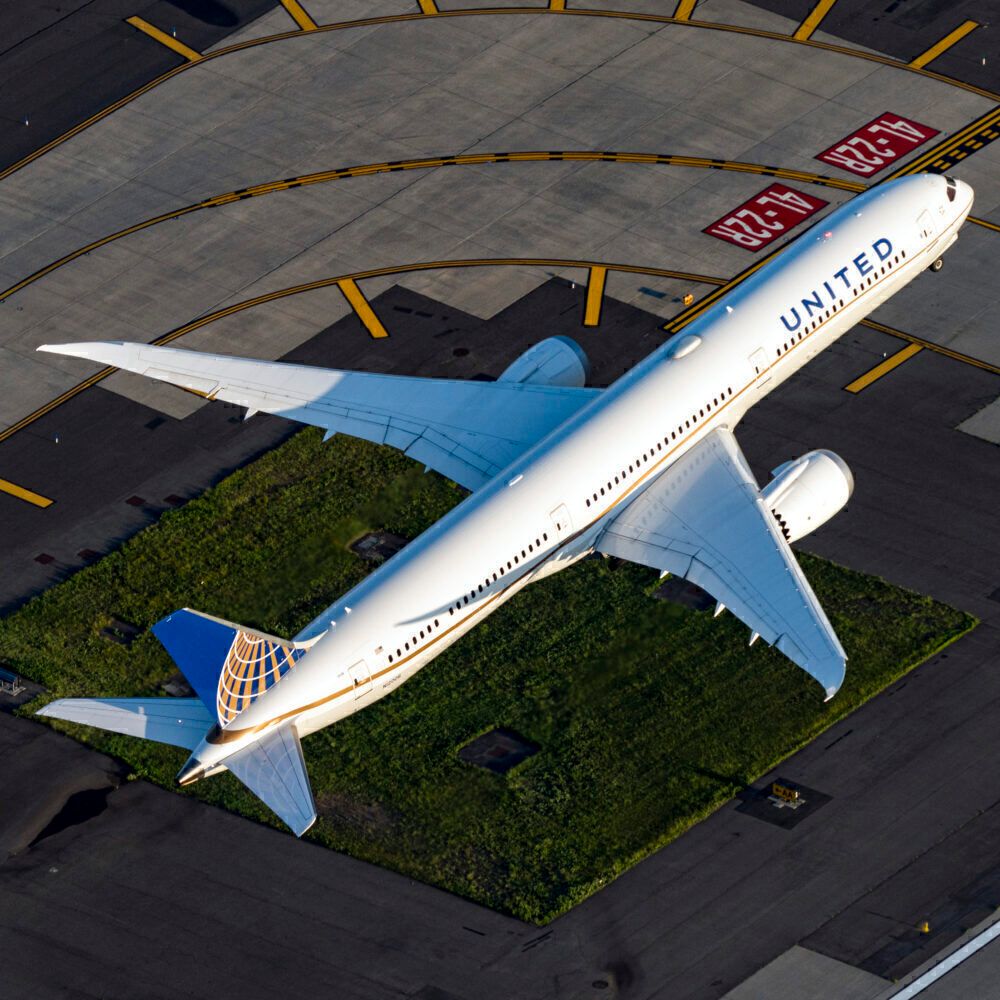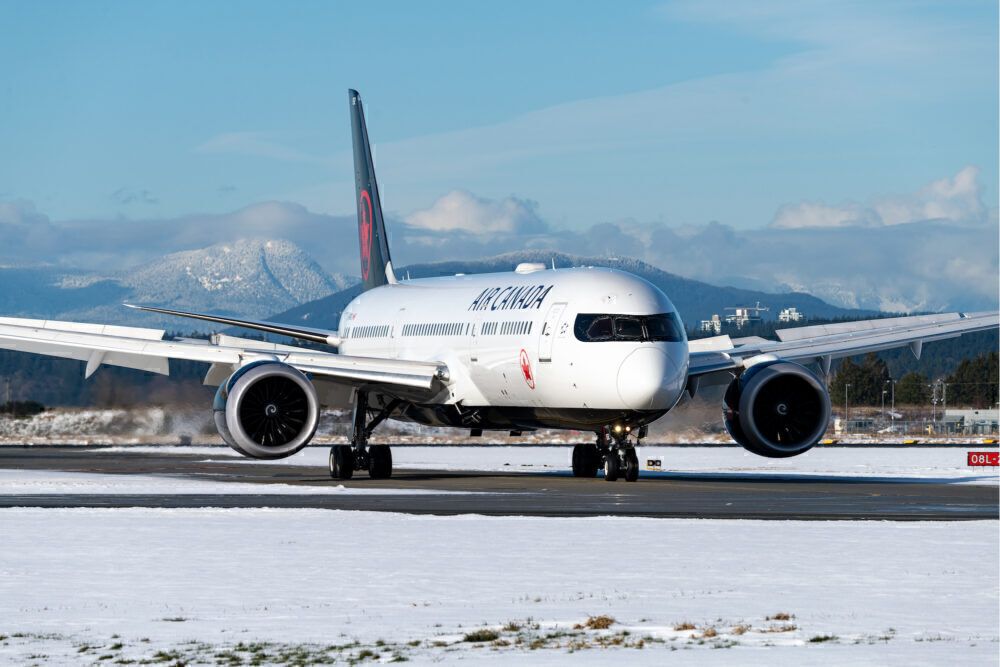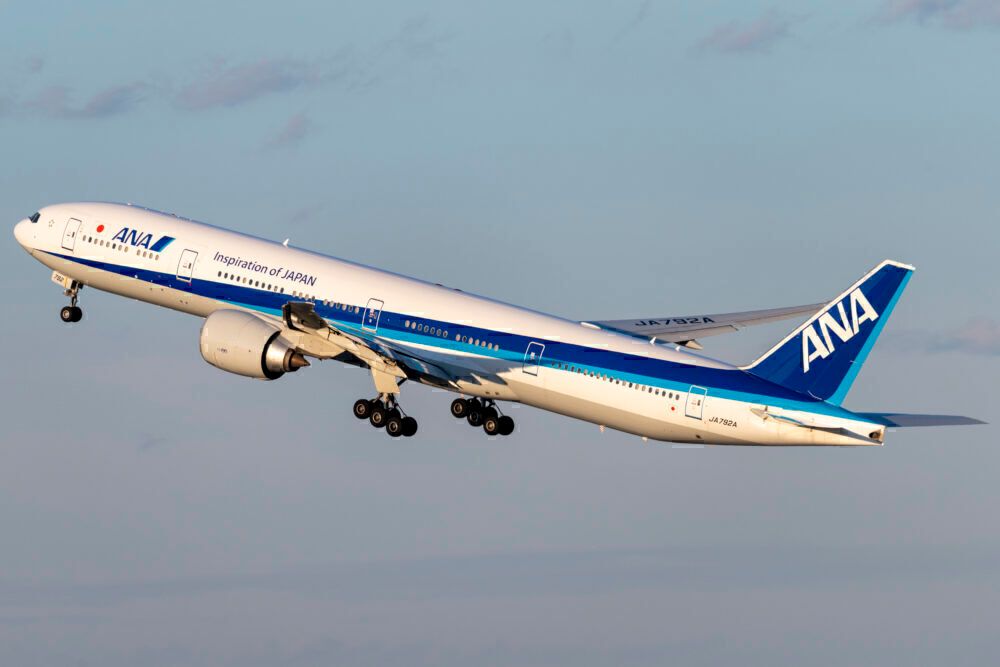In an effort to control the spread of new coronavirus variants and stay within the capacity of quarantine facilities, the Japanese government is restricting the number of passengers arriving at 100 per flight. This limit applies to foreign airlines, while domestic carriers have a limit of 3,400 arrivals per week across all flights.
Tighter restrictions than April 2020
According to Japanese outlet Nikkei, the Japanese government is asking airlines to reduce the number of passengers arriving in the country. In order to control the spread of new COVID-19 variants, foreign airlines are restricted to 100 passengers arriving per flight. Meanwhile, domestic (Japanese) carriers are limited to 3,400 arrivals per week.
With measures to be even tighter than when the pandemic emerged a year ago, it looks like Japan has realized the risk that international transportation poses. Indeed, last April saw a limit of 3,000 arrivals per day for domestic carriers and 300 passengers per flight for foreign airlines.
Stay informed: Sign up for our daily and weekly aviation news digests!
Quarantine facilities reaching capacity
Regarding "countries/regions with community transmission of coronavirus variants of concern," the government has stated (among other things) the following:
All Japanese nationals and foreign nationals[...]are required to self-quarantine for 3 days at a location designated by the quarantine station chief (only at the accommodations booked by the quarantine office) until further notice.
With this requirement, designated sites are reaching their capacity and thus justifying the new arrival limits.
Nikkei notes that on Wednesday, Chief Cabinet Secretary Katsunobu Kato stated that the updated policy will "ensure that quarantine measures are properly carried out."
Japan's current and steadily-growing list of countries and regions of concern include:
- The United Kingdom
- South Africa
- Ireland
- Israel
- Brazil
- The United Arab Emirates
- Italy
- Austria
- The Netherlands
- Switzerland
- Sweden
- Slovakia
- Denmark
- Germany
- Nigeria
- France
- Belgium
The impact on airlines
The Japan Times notes that, in response to a request from the government, ANA (All Nippon Airways) and JAL (Japan Airlines) have stopped accepting new reservations for some of their international flights.
For ANA, this has meant all international flights to Japan, while for JAL, this change applies to Japan-bound flights from the UK, Germany, and France. The booking suspension will be in place until at least March 21st for ANA flights. For JAL, booking suspensions will run until at least the end of March.
The full impact on foreign carriers has yet to be made clear. However, as we've been with similar cases in Australia, we can expect to see affected foreign airlines halting new reservations at the very least.
It's difficult to say if any carriers will reduce service since faraway airlines like Finnair, Air Canada, American Airlines, and others are already operating at fairly low frequencies. With smaller long-distance jets like the 787-8 configured to fly over 220 passengers, the cabins of some long-haul flights to Japan will be less than 50% full.
As has been the case over the last year, it's quite likely that cargo transportation is one big factor that will keep some of these flights going.
Have you been affected by this change in Japan's arrival policy? Let us know in the comments.




